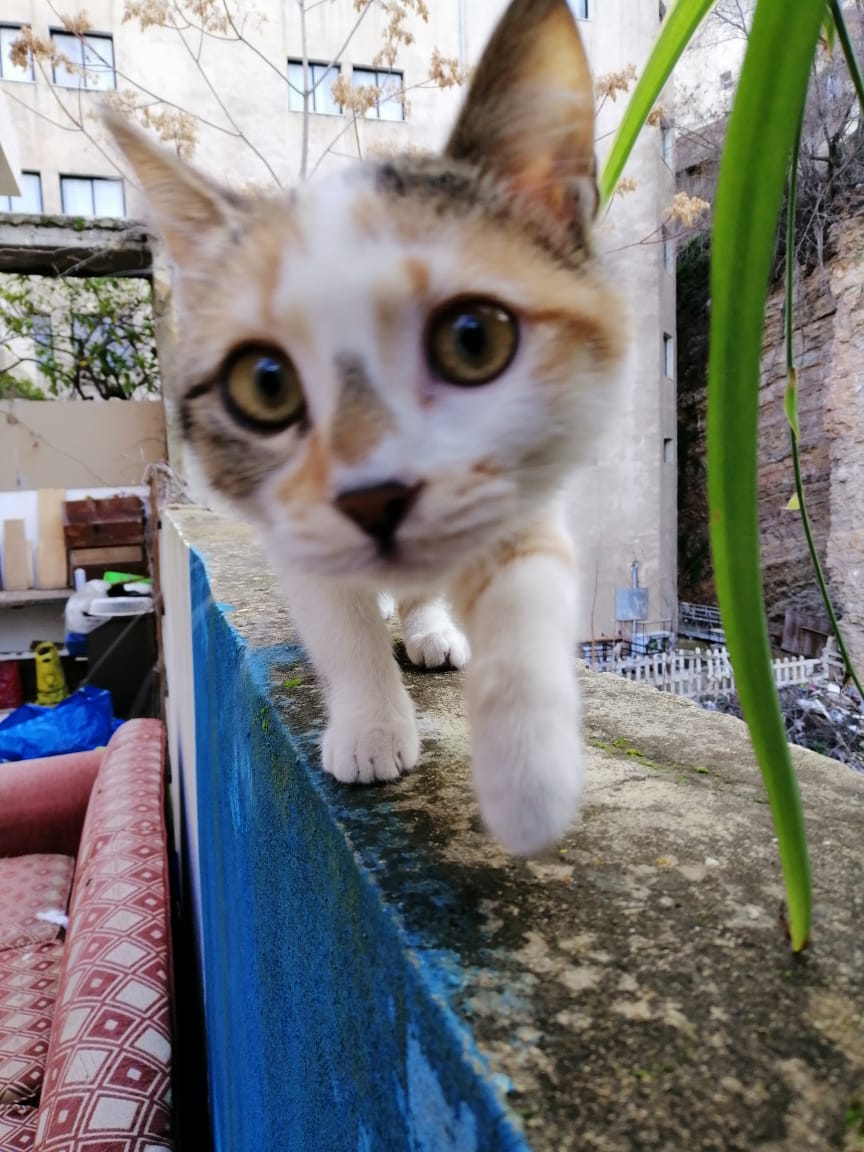Fellows' Reflections: Angela Pham
/I met Sayeda while sitting on a bench overlooking the Mediterranean. It was a Tuesday, the last day of my weekly long weekend, and I had spent the morning cleaning and grocery shopping at the nearby farmer’s market. The day was perfect; I had recently started teaching, the summer heat and humidity had subsided, and a cool sea breeze encouraged loungers and working people alike to slow down in the area overlooking Marsa beach, called the corniche. I was eating fresh figs when a woman passing by asked if she could sit on the bench next to me. We quickly started a conversation and she patiently worked with my halting Arabic to communicate. Within thirty minutes, I had a tutor to teach me Tunisian Arabic.
A week later, I’d had my first language lesson with her and was stopping by to drop off the Vicks VapoRub she had loaned me for my cold. I expected to hand it over and leave, but she of course she asked if I would stay for tea. It was mid-afternoon, and I was about to experience a new layer of Tunisian daily rhythm and hospitality. She ushered me in, sat me on the couch, and rustled in the kitchen. She emerged soon, but empty handed. Maybe I had misunderstood about the tea? She spoke a stream of Arabic, of which I understood perhaps 50%, and I came to understand that I was supposed to lay down and rest a little before tea. She lay down on the couch adjacent to me and then looked up to check if I was laying down. I was leaning against the cushions and she immediately urged me to get horizontal. I slid further down the cushion, only to have her prod me again. Finally I laid down properly, blanket and all, and started drifting off to sleep. The call to prayer woke us both up twenty minutes later, and then she got up, prayed, and said something about tea again. The next thing I knew, she was standing by the door with her purse, looking at me expectantly. What in the world are we doing? I wondered, and followed her out the door.
The Tunisian accent combined with my out-of-practice Arabic brain makes situations like this fairly frequent, but when we ended up in a nearby park with two tea glasses, a thermos of tea, lemon slices, and a Tupperware of cookies, I finally understood what she meant by na3ml jo, which I mentally translated as “make an atmosphere,” in the jneena (something I would normally call hadiqa, or “park”). The surprise picnic with my new language tutor was a sweet experience that epitomized several of the things I fell in love with quickly upon arriving in the suburban beach town of La Marsa, Tunisia.






